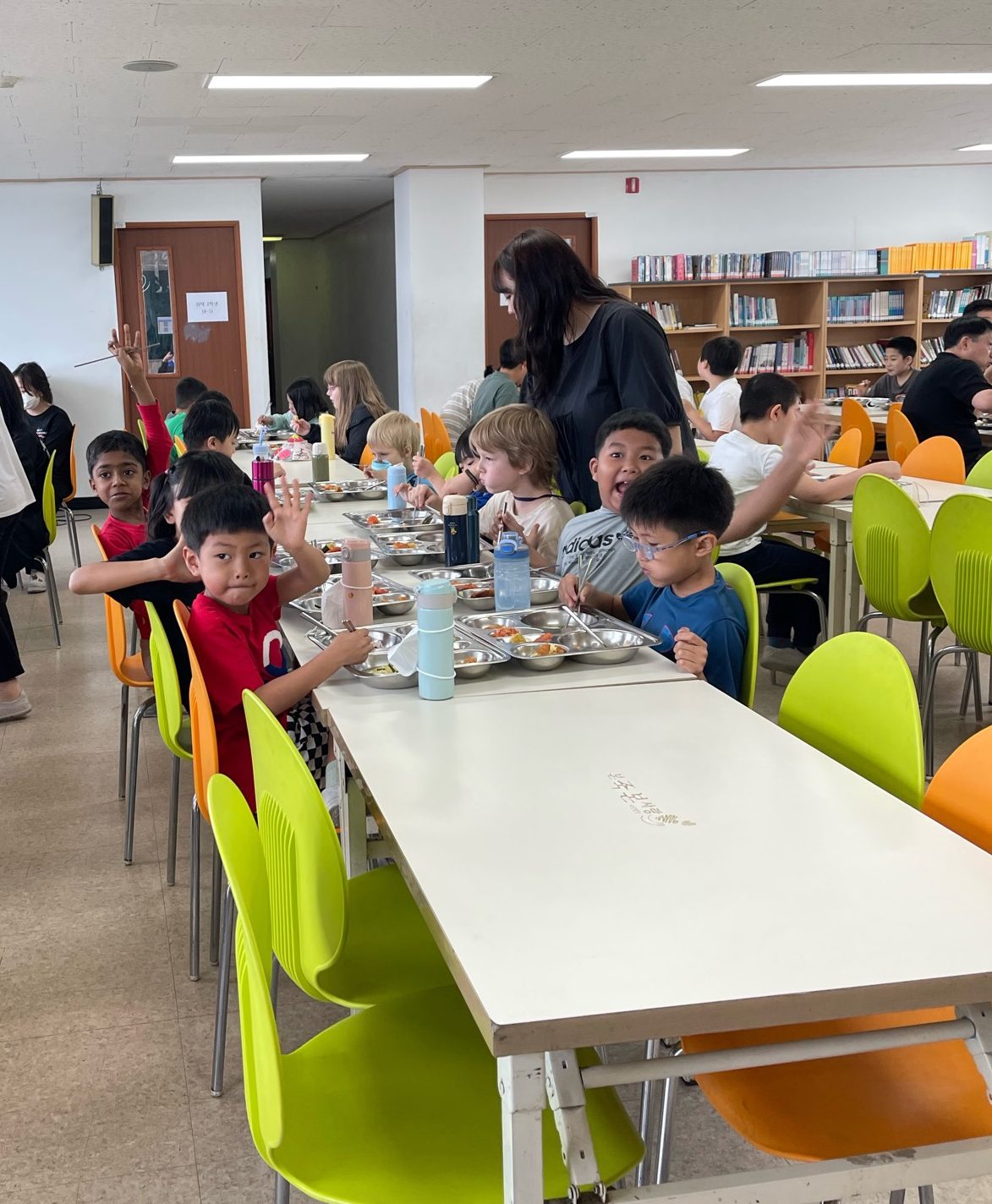Mastering a foreign language is no easy feat. Certain sentiments are just better expressed in one’s native tongue, and sound strange or awkward in other languages. Although I am fortunate to be able to communicate with the children relatively well due to my fluency in English, Mandarin and Korean, my limited vocabulary and cultural knowledge have hindered me from forging deeper bonds with the children, most of whom lose interest in the conversation the moment I bust out my handy translation tools.
Having spent almost a week and a half in Jiguchon School, I’ve noticed that huge discrepancies in linguistic abilities exist even between students in the same class, and that social segregations typically occur along those lines. It is hard to believe that kids who grew up in English-speaking countries like India, the Philippines and Myanmar are learning alongside classmates from China who converse primarily in Mandarin, in a school where Korean is the primary language of instruction. Yet, despite the seemingly insurmountable communication barriers, lessons go on as per normal. The teachers do their best to ensure that no child is left behind, while the children try to keep up with lessons using their piecemeal knowledge of Korean.
Having experienced how disempowering and frustrating it is to struggle to understand others and express oneself well in a language, I sympathize with the students, especially the middle schoolers who often obscure their earnest desires to improve their Korean beneath their nonchalant and defiant demeanors. I’ve also come to admire the teachers for being so committed to educating and nurturing their students, no matter how dissatisfactory and imperfect the status quo is. I surely have a lot to learn from them.
– Valerie Tan


